The American passport is a powerful document, offering visa-free or visa-on-arrival access to numerous countries worldwide. However, the privileges it confers come with a set of uncomfortable truths and implications that highlight broader global disparities and issues:
1. Not the Most Powerful
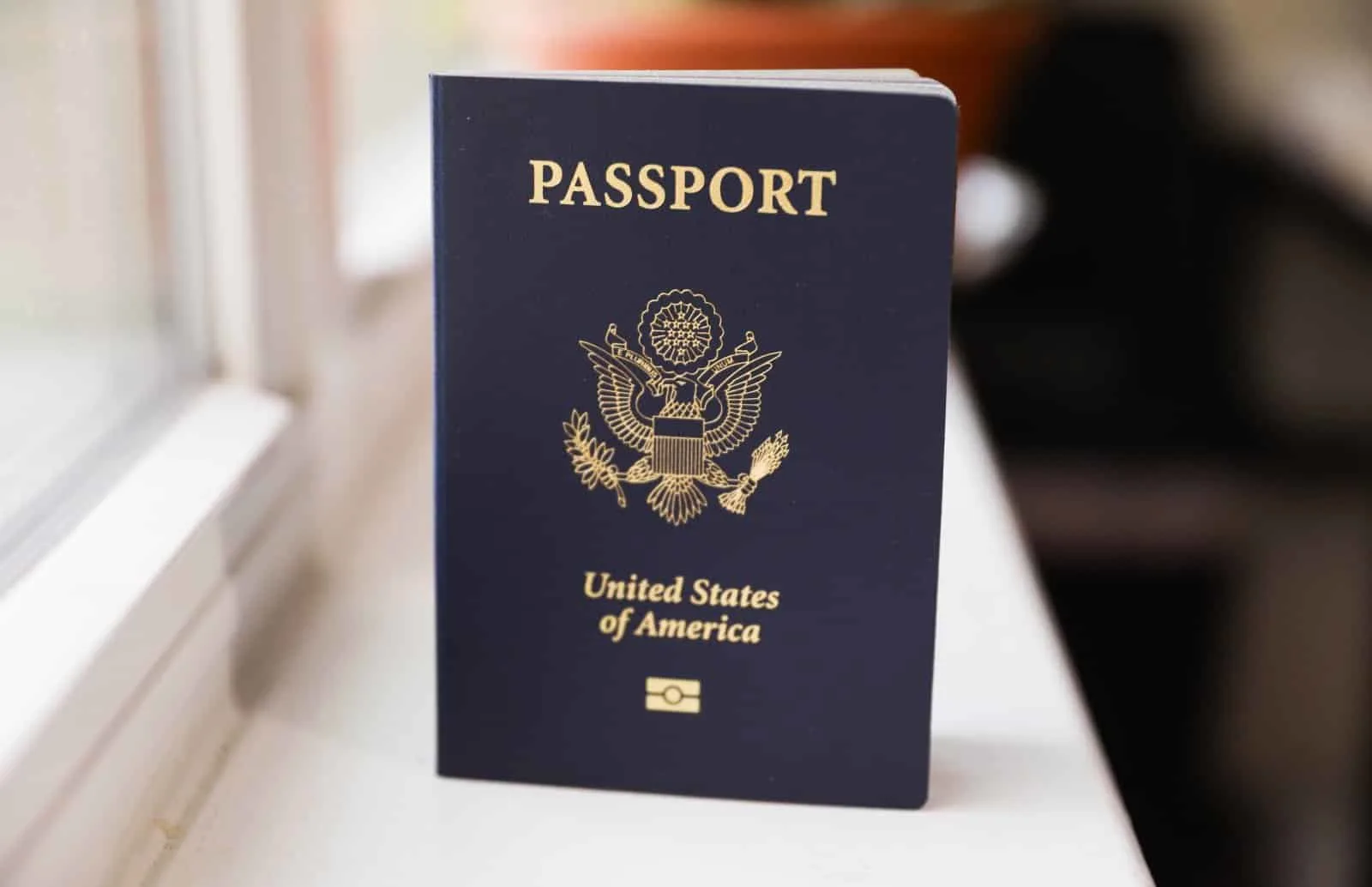
Image Credit: Shutterstock / Your Hand Please
Despite popular belief, the American passport is not the most powerful in terms of the number of countries it can access visa-free. Countries like Japan, Singapore, and South Korea often top those rankings.
2. Visa Restrictions Based on Foreign Policy
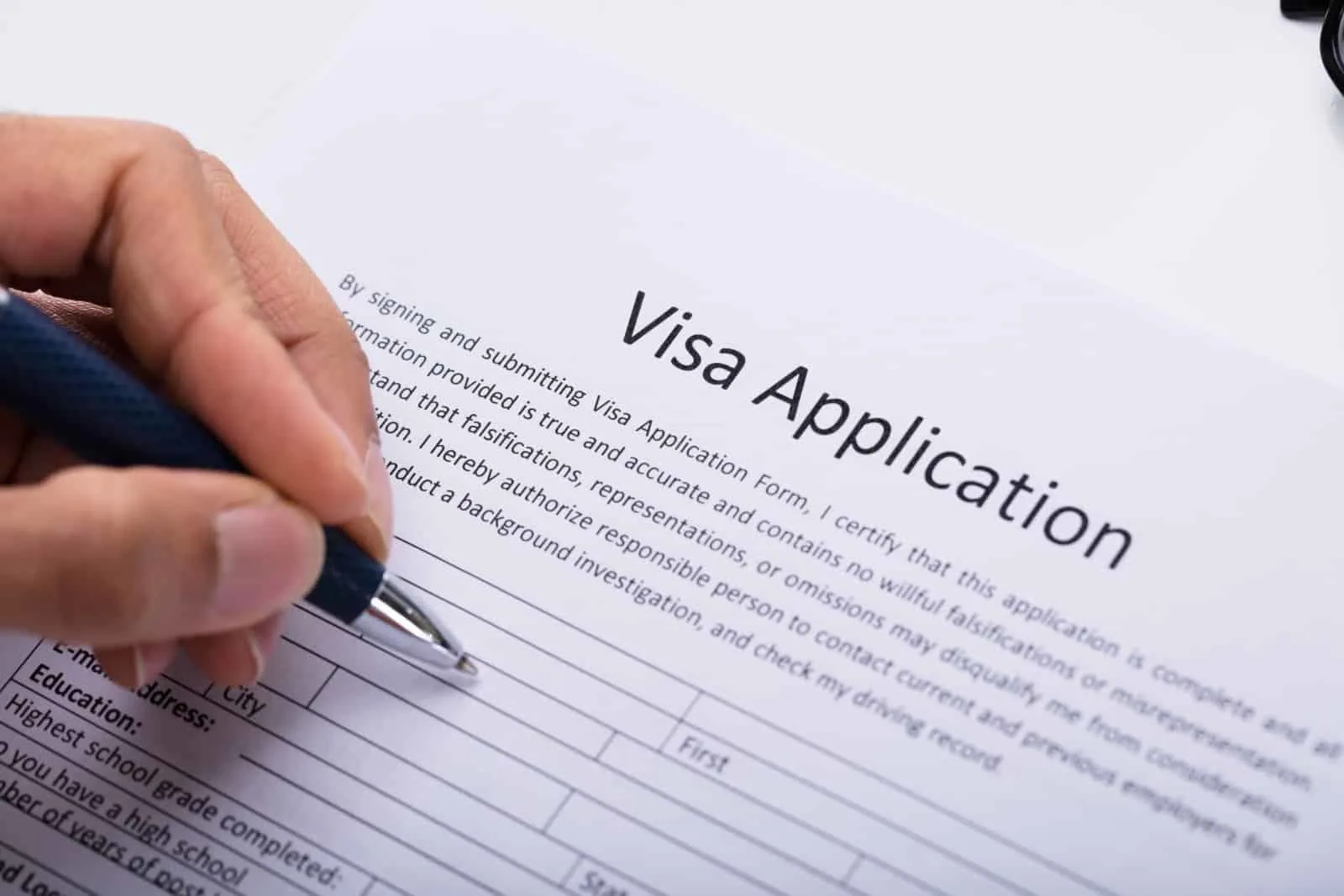
Image Credit: Shutterstock / Andrey_Popov
The strength of the American passport can also reflect the state of U.S. foreign relations. Countries may impose visa restrictions in response to U.S. policies, affecting travel freedom.
3. Travel Not a Reality for All Americans

Image Credit: Shutterstock / pathdoc
A passport’s power is irrelevant for many Americans who can’t afford international travel. Economic disparities mean that the benefits of passport power are not accessible to all.
4. Increased Scrutiny Abroad
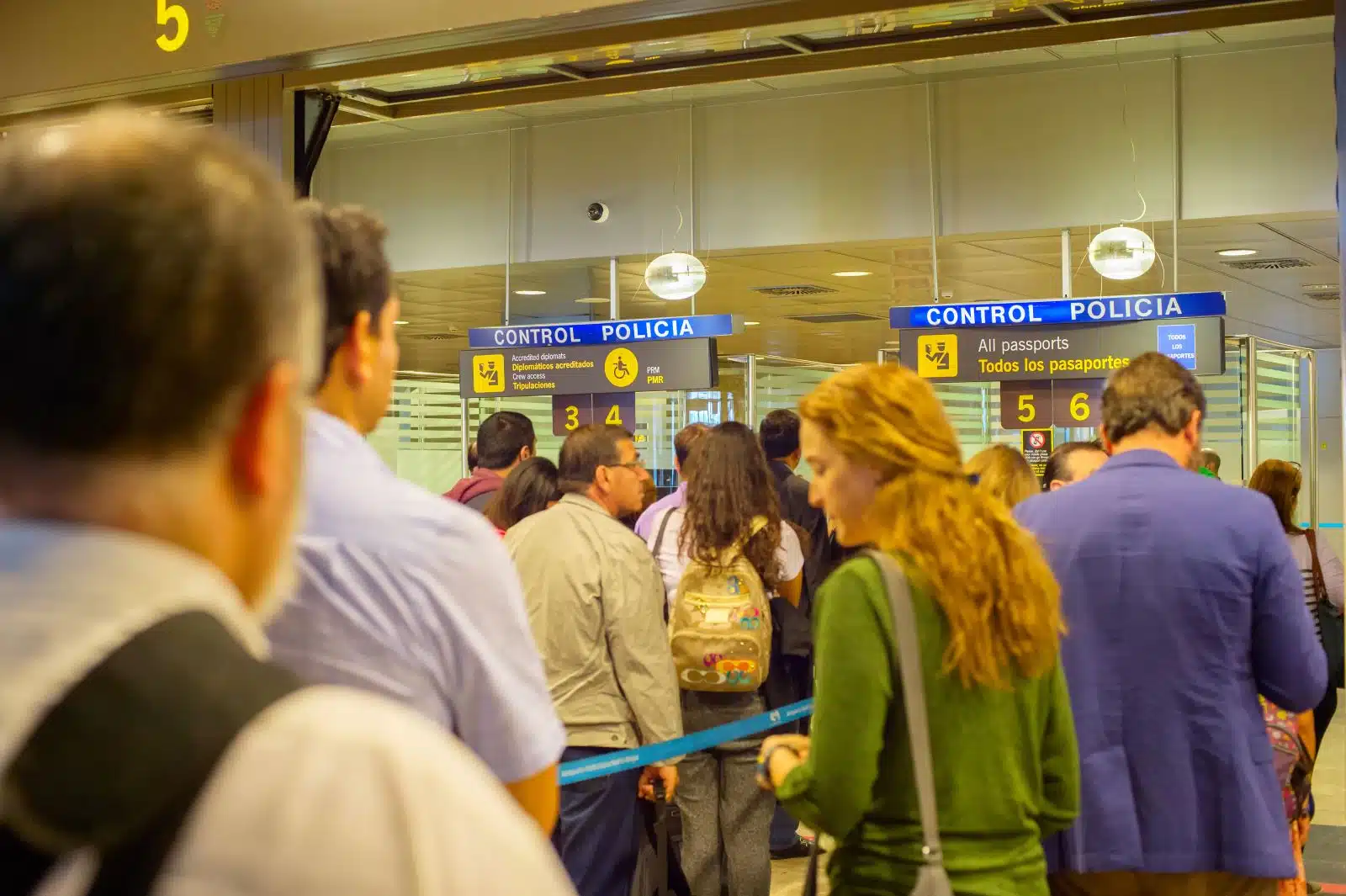
Image Credit: Shutterstock / joyfull
American travelers often face increased scrutiny or higher expectations by foreign customs and immigration officials due to the U.S.’s global political stance and security measures.
5. Target for Political Reasons

Image Credit: Shutterstock / wellphoto
Americans abroad can become targets for anti-American sentiment or political actions due to the U.S. government’s foreign policies and military actions.
6. Ethical Implications of Tourism

Image Credit: Shutterstock / Nelson Antoine
The ease of travel for Americans can lead to ethical dilemmas, such as contributing to overtourism or exploiting local economies in vulnerable regions.
7. Privacy Concerns
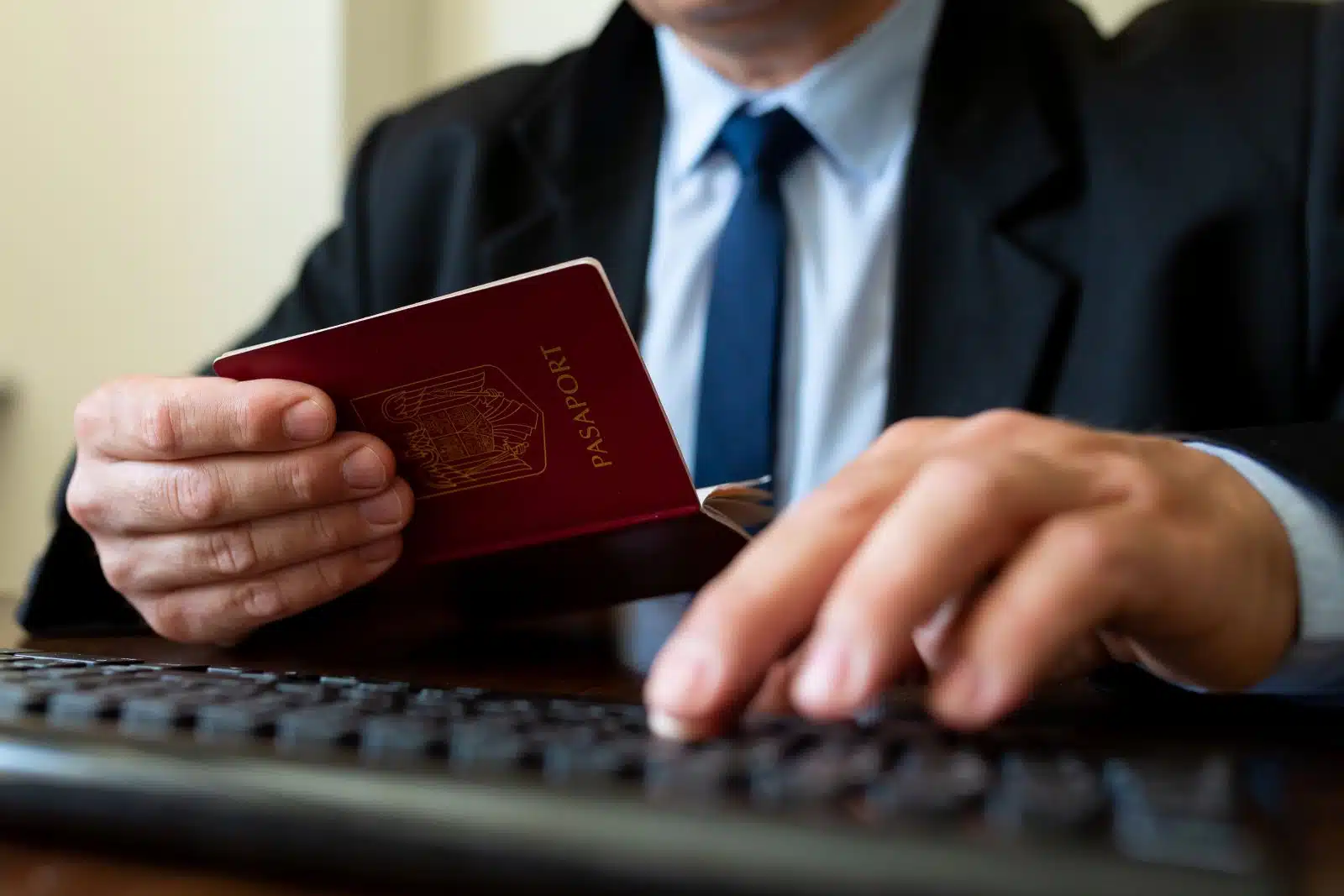
Image Credit: Shutterstock / GUTU VALERICA
Stringent border controls, especially in the U.S., mean that Americans and visitors alike are subjected to invasive security measures that raise privacy concerns.
8. Dependency on Diplomatic Relations

Image Credit: Shutterstock / photobyphotoboy
The ease of travel with an American passport heavily depends on current diplomatic relationships, which can change rapidly due to political climates.
9. Misconceptions Abroad

Image Credit: Shutterstock / christinarosepix
Holding an American passport can lead to misconceptions or stereotypes about wealth and behavior, impacting how Americans are treated abroad.
10. Dual Citizenships Scrutinized
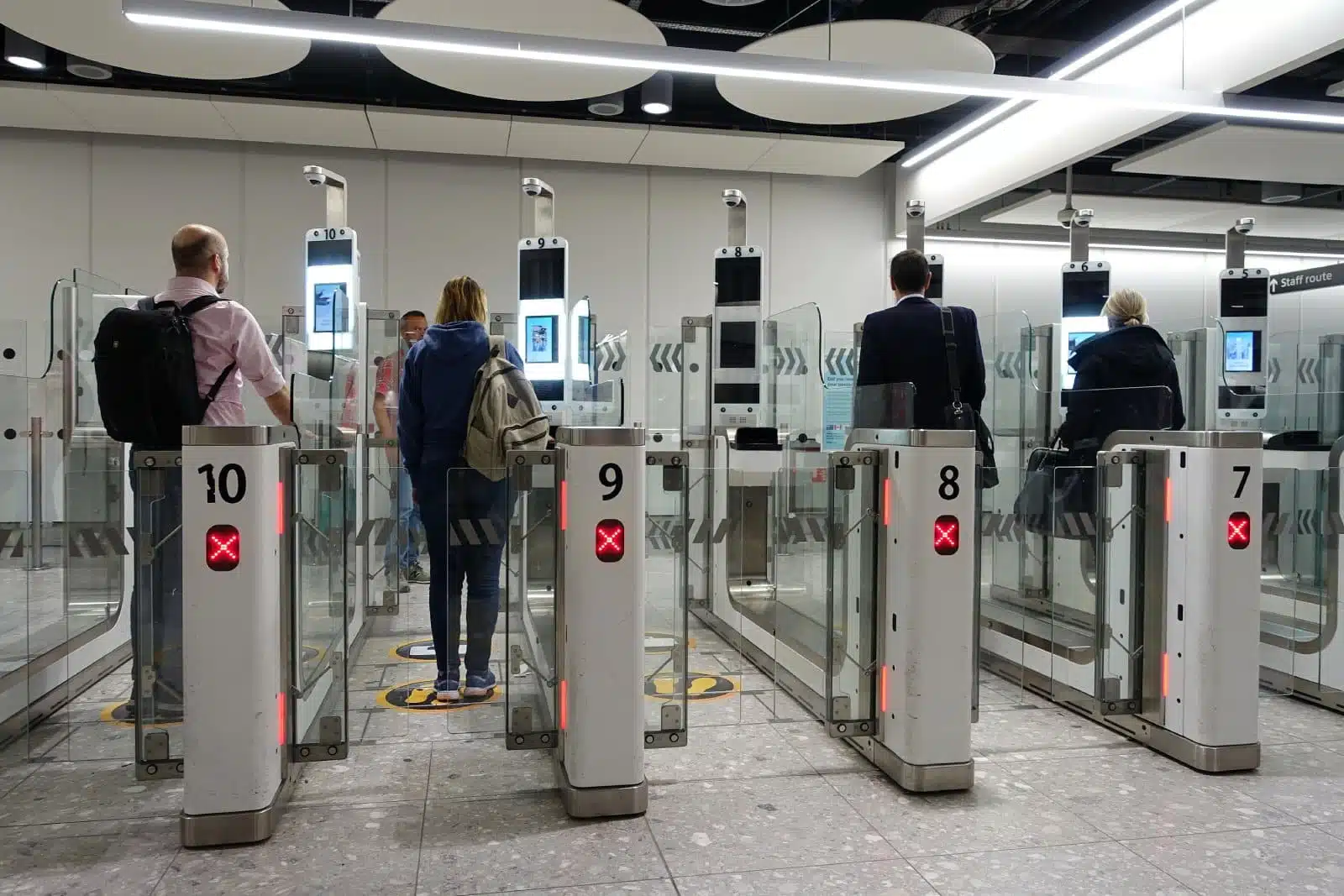
Image Credit: Shutterstock / 1000 Words
Americans with dual citizenship might face additional scrutiny at borders, especially if their other citizenship is from a country with strained relations with the U.S.
11. Overconfidence in Protection

Image Credit: Shutterstock / Rocketclips, Inc.
Some Americans may travel with a sense of unwarranted security, believing that their passport provides more protection abroad than it actually does.
12. Unequal Access to Passport Services

Image Credit: Shutterstock / AnnaStills
Geographic and socioeconomic factors can affect the ease of obtaining a passport in the U.S., with disparities in access for lower-income or rural populations.
13. Impact on Immigration Perception

Image Credit: Shutterstock / Mdisk
The strength of the American passport contrasts sharply with the U.S.’s stringent immigration policies, highlighting disparities in global freedom of movement.
14. Responsibility to Respect Local Laws

Image Credit: Shutterstock / photofriday
There’s an ethical responsibility for Americans traveling abroad to respect local customs and laws, which isn’t always adhered to, sometimes leading to diplomatic incidents.
15. Changing Visa Waiver Program

Image Credit: Pexels / Nataliya Vaitkevich
Participation in the Visa Waiver Program requires strict adherence to U.S. security standards, which can pressure other nations into compliance with American security regulations.
16. Global Surveillance

Image Credit: Shutterstock / VGstockstudio
U.S. authorities use the passport and associated travel to monitor and sometimes control the movements of its citizens as well as foreign nationals entering the U.S.
17. Economic Barrier to Renewal

Image Credit: Shutterstock / surasaki
The cost of renewing a U.S. passport is significant, posing a barrier for low-income Americans and potentially limiting their international travel opportunities.
18. Symbol of Inequality

Image Credit: Shutterstock / Gorodenkoff
The American passport symbolizes a global inequality where movement and freedom are concerned, as many countries face far stricter entry requirements into the U.S.
19. Cultural Insensitivity

Image Credit: Shutterstock / Natalia Golovina
The freedom afforded by the American passport can lead to cultural insensitivity, where travelers may inadvertently disrespect local traditions due to ignorance or perceived superiority.
20. Climate Change Contributions

Image Credit: Shutterstock / Christian Horz
The ease of international travel contributes to higher carbon footprints among Americans, which has significant environmental impacts and contributes to climate change.
Face the Truth

Image Credit: Shutterstock / Prostock-studio
Understanding these truths can help American passport holders travel more responsibly and appreciate the complexities of global mobility and its broader implications.
More From The Green Voyage
Top 10 Trending Travel Destinations 2024
6 Essential Banking Apps for International Travel – Managing Your Finances on the Go
Traveling With Kids – 10 Tips to Create Memorable Family Holidays
The post Power Play: 20 Uncomfortable Truths About Your American Passport first appeared on The Green Voyage.
Featured Image Credit: Pexels / Vlad Teodor.
For transparency, this content was partly developed with AI assistance and carefully curated by an experienced editor to be informative and ensure accuracy.
Tips for Trip Success
Book Your Flight
Find an inexpensive flight by using Kayak, a favorite of ours because it regularly returns less expensive flight options from a variety of airlines.
Book Your Hotel or Special Accommodation
We are big fans of Booking.com. We like their review system and photos. If we want to see more reviews and additional booking options, we go to Expedia.
You Need Travel Insurance!
Good travel insurance means having total peace of mind. Travel insurance protects you when your medical insurance often will not and better than what you get from your credit card. It will provide comprehensive coverage should you need medical treatment or return to the United States, compensation for trip interruption, baggage loss, and other situations.Find the Perfect Insurance Plan for Your Trip
